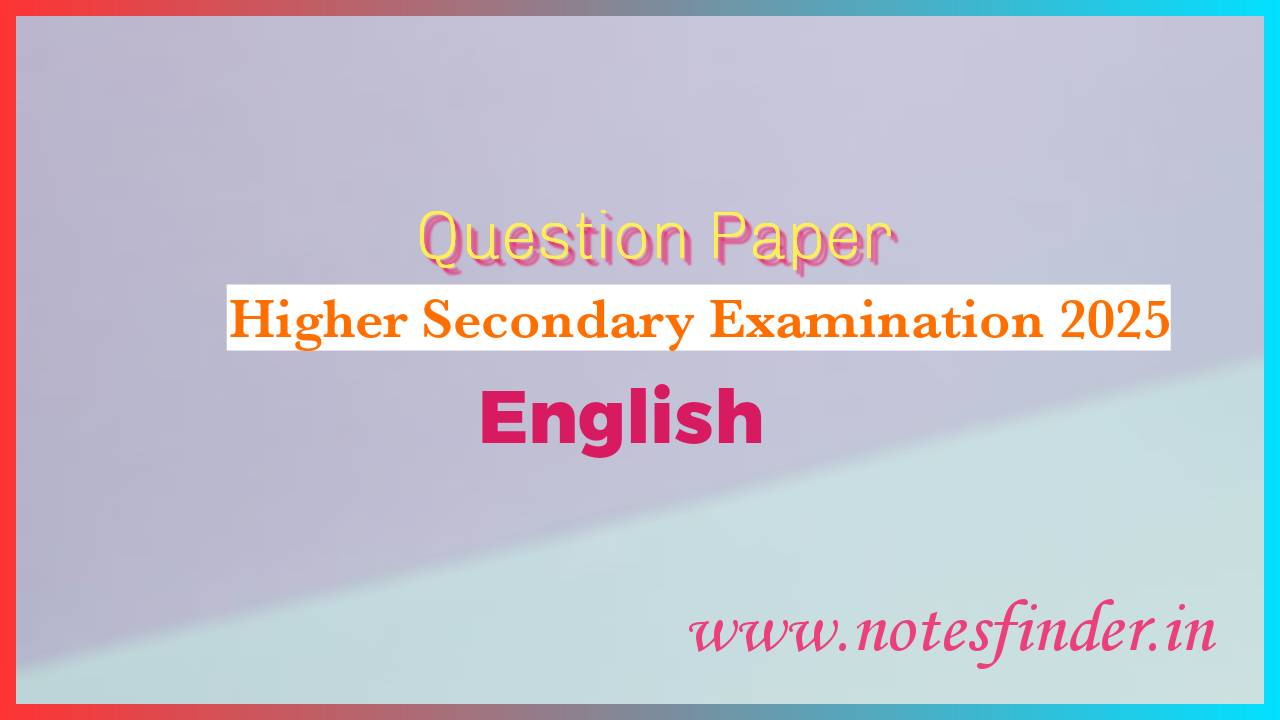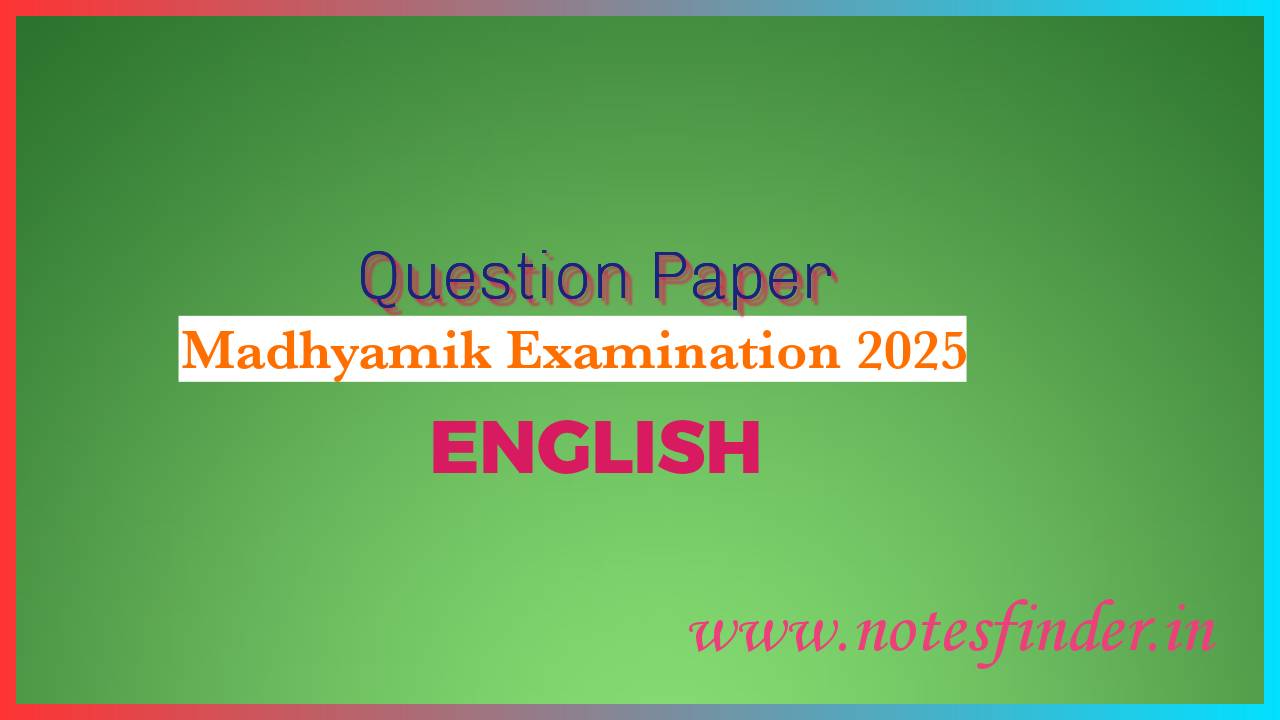About the Poet:
Walter John de la Mare, (25 April 1873-22 June 1956) was an English poet, short story writer and novelist. He is probably best remembered for his works for children and for his poem “The Listeners”. His career as a writer started from about 1895 and he continued to publish to the end of his life. In his poems de la Mare has described the English sea and coast, the secret and hidden world of nature.
ওয়াল্টার জন দে লা মেয়ার, (২৫ এপ্রিল ১৮৭৩-২২ জুন ১৯৫৬) ছিলেন একজন ইংরেজ কবি, ছোট গল্পের লেখক এবং ঔপন্যাসিক। শিশুদের জন্য তাঁর রচনা এবং “দ্য লিসনার্স” কবিতার জন্য তিনি সম্ভবত সবচেয়ে বেশি স্মরণীয় হয়ে আছেন। লেখক হিসাবে তাঁর যাত্রা ১৮৫৫ সাল থেকে শুরু হয়েছিল এবং তিনি জীবনের শেষ পর্যন্ত প্রকাশনা অব্যাহত রেখেছিলেন। দে লা মেয়ার তাঁর কবিতায় ইংল্যান্ডের সমুদ্র ও উপকূল, প্রকৃতির রহস্য ও লুকানো জগত্কে বর্ণনা করেছেন।
Someone(Lesson 12) Bengali Meaning (বঙ্গানুবাদ)
Someone came knocking
কেউ একজন ঠক্ ঠক্ শব্দ করতে এসেছিল
At my wee, small door;
আমার পুঁচকে, ছোট দরজাতে;
Someone came knocking;
কেউ একজন ঠক্ ঠক্ শব্দ করতে এসেছিল;
I’m sure-sure-sure;
আমি নিশ্চিত-নিশ্চিত-নিশ্চিত;
I listened, I opened,
আমি শুনেছিলাম, আমি খুলে দিলাম,
I looked to left and right,
আমি বাম এবং ডান দিকে তাকিয়ে দেখলাম,
But nought there was a stirring
কিন্তু সেখানে কোনও কিছুরই নড়াচড়া ছিল না
In the still, dark night;
স্থির, অন্ধকার রাতে;
Only the busy beetle
কেবলমাত্র ব্যস্ত গুবরে পোকাটি
Tap-tapping in the wall,
দেয়ালে আলতো আঘাত করছিল,
Only from the forest
কেবলমাত্র বন থেকে
The screech-owl’s call,
কর্কশ-পেঁচার ডাক,
Only the cricket whistling
শুধুমাত্র ঝিঁঝি পোকাটি শিস্ দিচ্ছিল
While the dewdrops fall,
যখন শিশিরবিন্দুগুলি পড়ে,
So I know not who came knocking,
তাই আমি জানি না যে কে ঠক্ ঠক্ শব্দ করতে এসেছিল,
At all, at all, at all.
আদৌও , আদৌও, আদৌও।
Someone (Lesson 12) Questions & Answers | Class 8
Activity 1
Tick the correct alternative:
(i) The door was
(a) big
(b) small
(c) wide
Ans: (b) small
(ii) The poet looked
(a) backward and forward
(b) up and down
(c) to left and right
Ans:(c) to left and right
(iii) The busy beetle was tap-tapping in the
(a) wall
(b) door
(c) window
Ans: (a) wall
(iv) The cricket was
(a) singing
(b) whistling
(c) chirping
Ans: (b) whistling
Activity 2
Complete the following sentences with information from the text:
(a) Someone came knocking at the poet’s wee, small door.
(b) There was no stirring in the still, dark night.
(c) The poet heard the screech-owl’s call from the forest.
(d) The poet did not know at all who came knocking at his door.
Activity 3
Answer the following question:
Who do you think came knocking at the poet’s small door?
Ans: The poet was sure that someone had come to knock on his door. But he didn’t find anyone in the stillness and darkness of the night. So I think the knocking on the poet’s door had happened due to some supernatural acts.
Activity 4
Fill in the following chart with information from the text:
| Who | Did what |
| (i)Someone | knocked at the poet’s small door. |
| (ii) Beetle | tap-tapped on the wall. |
| (iii) Owl | screeched from the forest. |
| (iv) Cricket | whistled. |
Activity 5
Answer the following questions:
(a) What did the poet do after he heard the knocking on the door?
Ans: When the poet heard the knocking on the door, he listened, opened the door and looked left and right.
(b) What was the night like?
Ans: The right was still and dark.
(c) Name the insect mentioned in the poem.
Ans: Beetle and cricket are the insects mentioned in the poem.
(d) Why does the poet use the expression ‘at all’ thrice in the last line of the poem?
Ans: The poet used the expression ‘at all’ thrice in the last line of the poem to emphasize that he did not know who came knocking.
Activity 6(a)
Fill in the blanks with the correct form of the given verbs in brackets:
(i) The Mayor will go to Pune next week. (go)
(ii) By next December, we will have been staying here for three years. (stay)
(iii) Perhaps they will visit Dooars later. (visit)
(iv) The boy has been watching television since morning. (watch)
Activity 6(b)
In the following sentences underline the Phrases and state what kind of Phrases they are:
(i) He wanted to speak to his teacher.( Prepositional Phrase )
(ii) At this moment it’s raining hard.(Adverb Phrase)
(iii) To do well in the competition is my aim.(Noun Phrase)
(iv) They live in a house made of wood.( Adjective Phrase)
Activity 6(c)
In the following sentences underline the Clauses and state what kind of Clauses they are:
(i) The child ran away as soon as she saw the strange man. (Adverb Clause)
(ii) I saw an old woman who was carrying a child.( Adjective Clause)
(iii) The dog follows his master wherever he goes.( Adverb Clause)
(iv) We all thought that it would not rain today.(Noun Clause)
Activity 6(d)
Change the following sentences from Active to Passive Voice:
(i) India won the World Cup in cricket recently.
Ans: Recently the World Cup in cricket was won by India.
(ii) The teacher was teaching English.
Ans: English was being taught by the teacher.
(iii) Rani is singing a beautiful song.
Ans: A beautiful song is being sung by Rani.
(iv) The wind blew away the rooftops of the houses.
Ans: The rooftops of the houses were blown away by the wind.
Activity 7
Make meaningful sentences of your own with the following words:
(i) wee : He is a wee trusting friend.
(ii) stirring : The boy is stirring the mixure.
(iii) busy : I am quite busy these days.
(iv) dewdrops : Dewdrops shine at the early morning.



